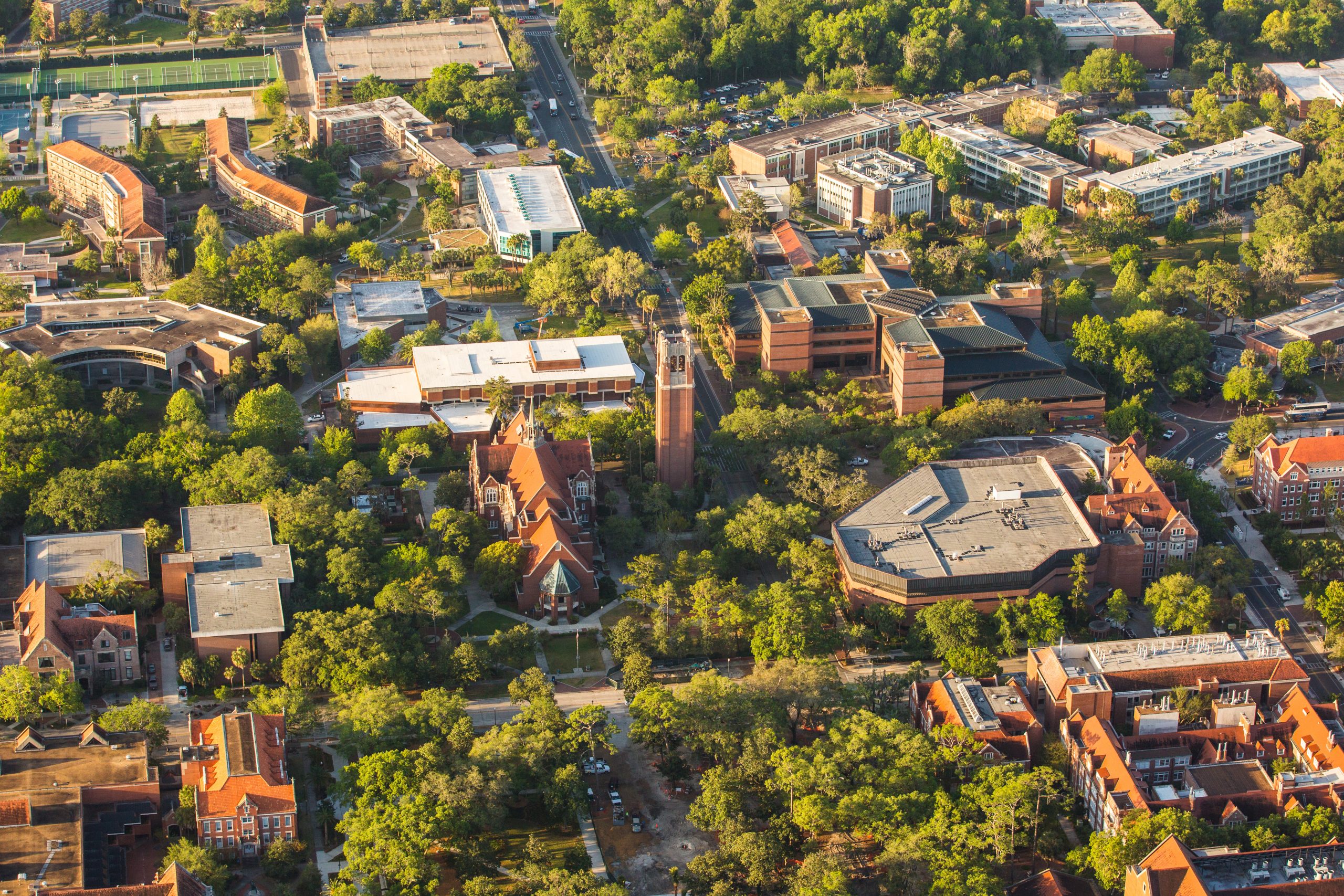
Diving
Scientific Diving Medical Monitoring
The University of Florida (UF) supports many programs which involve scientific diving operations. A partial list of the campus organizations that have engaged in some form of scientific diving includes: the Botany Department, the Florida Museum of Natural History, the Department of Coastal and Civil Engineering, the Florida Sea Grant Extension Program, the Department of Zoology, the Department of Fisheries and Aquatic Sciences, the Whitney Marine Research Laboratory and the University Marine Laboratory at Cedar Key. Accordingly, in 1987 the University of Florida adopted standards set forth by the American Academy of Underwater Sciences’ “Scientific Diving Standards for Scientific Diving Certification and Operation of Scientific Diving Programs”. The goal was to establish a scientific diving safety program that is 1) legally defensible, 2) protects all scientific divers and 3) protects the State of Florida, UF, its faculty, staff, and students.
All new divers must complete a set of documents covering medical history, experience and training, liability waiver, a Physical Exam, and a water skills and knowledge evaluation. These are currently at the level of completion for open water scuba class to permit new and recently trained divers to participate in projects which pose no complex advanced skills needs. If the project includes complex or at-risk activities further evaluation may be necessary. In addition, all divers must submit copies of their diver certification cards, their CPR/First Aid and Oxygen Provider training. The latter items must be current according to the standards of the certifying agency.
*Please refer to the Diving Science and Safety Program for additional information.
